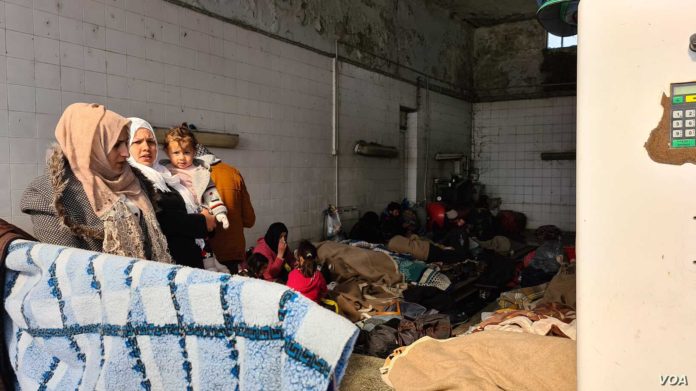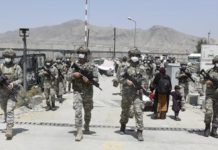EDIRNE & ISTANBUL TURKEY – “If we don’t get coronavirus, we will get diseases from the bathrooms,” said Amjed, 24, a Syrian refugee, speaking to us on WhatsApp from a squalid, makeshift camp near Turkey’s border with Greece.
He had been there for two weeks and was using the last 5 percent of his phone charge. In the days prior, he had eaten only two pieces of cheese.
“But we don’t want to leave, because then these two weeks of suffering will have been for nothing,” Amjed said. A few hours later, security forces ordered him and his friends onto a bus bound for Istanbul. Exhausted, they complied. Other people refused and stayed in the camp.
Many businesses, offices and houses of worship are closed across Turkey and average people are mostly staying at home. But thousands of refugees remain on the move, unprotected from the novel coronavirus, and, as they are quick to point out, unprotected from everything else.
Amjed, like other refugees caught up in this most recent crisis, went to the border after Turkey announced late last month that it would no longer stop refugees who wanted to cross into Europe.
People came by bus from all over the country until thousands amassed at camps along the Greek border. Turkish security forces accompanied them, leading to a tense stand-off that regularly erupted in clashes.
Over time, the refugees’ hopes faded with the tear gas, beatings and quick deportations. Last week, Turkish security forces who once pushed them to try to cross, seemed more interested in moving them away from the border, sending buses daily to return them to the cities.
Now hundreds of men, women and children are landing in bus stations or other places, homeless and broke. Large aid organizations say they can do little to help, with workers ordered to stay home because of the virus.
“Nothing was done to protect us from this,” Amjed explained. “We asked just for masks and they did not even respond.”



























